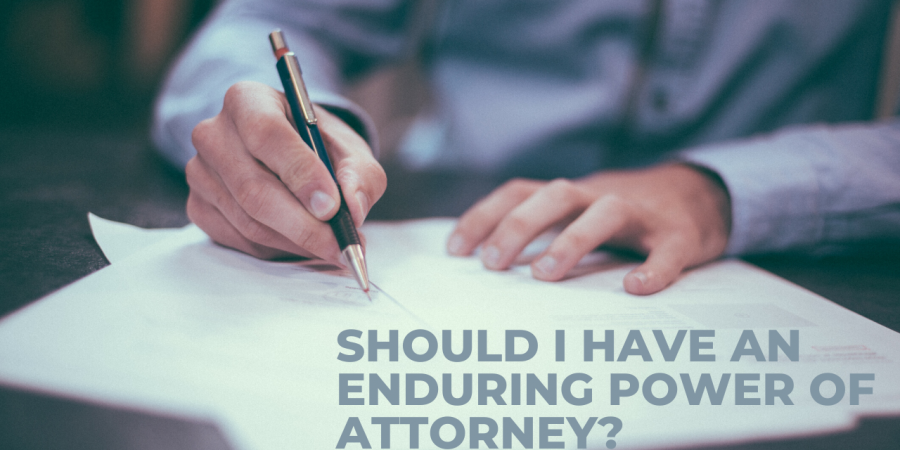While we have reiterated the importance of having a current Will in many previous articles, (click here to read more), the importance of having a current Enduring Power of Attorney is just as important as having your Will in place.
While a Will provides instructions for your executors in relation to the distribution of your estate/assets after you pass away, an Enduring Power of Attorney is a powerful legal document that is implemented while you are alive and is put into place so that, should you lose capacity during your lifetime, the trusted people that you have nominated can make important decisions on your behalf, in relation to both health and financial matters.
Increasing age comes with an increasing risk of losing capacity due to medical conditions (such as dementia or Alzheimer’s) and the possibility of an accident or stroke occurring, which could cause a brain injury or associated loss of capacity is always present. Therefore, Affinity Lawyers strongly recommends that an Enduring Power of Attorney should be done as part of your estate plan to ensure that if you were to lose capacity, you would have trusted friends or family who are able to assist with your health care and financial matters.
Unfortunately, an Enduring Power of Attorney can only be put into place while you have capacity, and often we see people who are wanting to set one up, but are unable to do so because of a capacity issue. Generally speaking, if a person can no longer understand the nature and effect of a decision, including the ability to freely and voluntarily make that decision on their own behalf, and is also unable to communicate that decision in some way, then they may not have capacity. Loss of capacity is usually determined by a medical practitioner.
While a family member, close relative/friend or even professional advisor could apply to the Queensland Civil & Administrative Tribunal (QCAT) to be appointed as an advisor (financial decisions) and/or guardian (for health/personal decisions), the procedure is lengthy and can be costly. It is also fraught with complications due to the nature of the role and the various factors that the QCAT must consider which include the competency of the applicant, their criminal history & any prior bankruptcy, any conflicts of interest, compatibility etc.
It goes without saying then that if you are able to have an Enduring Power of Attorney drafted while you are fit and able, it could save your loved ones an exhaustive and expensive process in the event that something happens to you.
Affinity Lawyers is in the process of launching an online application form to make getting your Enduring Power of Attorney drafted as quickly and as simply as possible so you can sleep a little easier knowing that you have ticked such an important document off your to-do list.
Should you wish to discuss your options with one of our Wills & Estate Lawyers, or undertake a complete estate planning consultation, then please contact our friendly legal team on 5563 8970 to arrange your appointment today.

